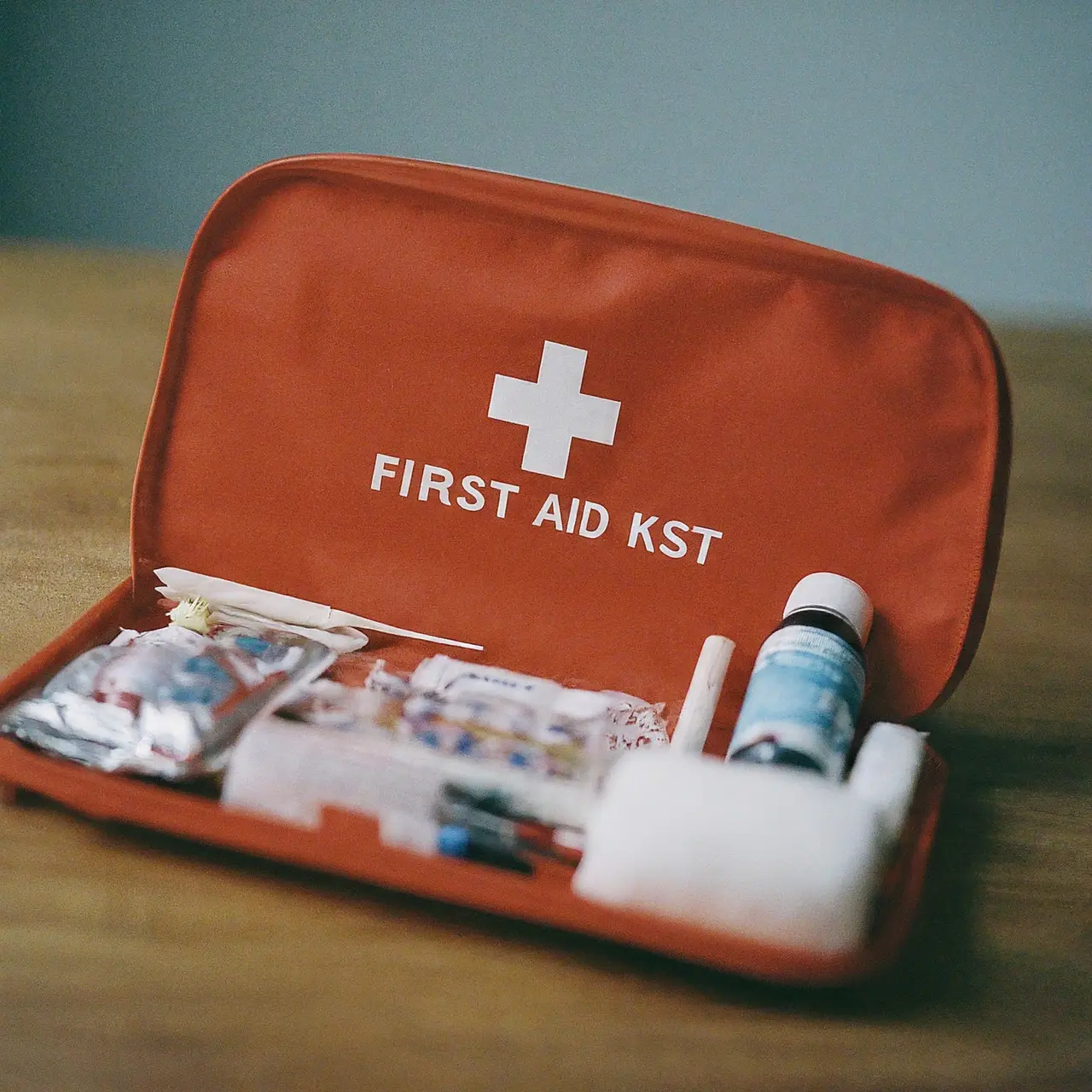Facing a minor emergency can be unsettling, but staying calm and knowing what steps to take can make a big difference. This guide is designed to help you navigate these situations with ease, ensuring you’re prepared for those unexpected moments.
Assessing the Situation
The first step in any emergency, no matter how small, is to assess the situation. Look around and quickly determine what happened and what needs to be done. Is anyone hurt? Is there an immediate danger? These questions can help you decide your next steps.
Remember, assessing the situation should be quick but thorough. Panicking can cloud your judgment, so take a deep breath and try to remain as calm as possible. This will help you make better decisions and effectively manage the minor emergency at hand.
First Aid Basics
Knowing basic first aid is essential for handling minor emergencies. This can range from cleaning a small cut to performing CPR. It’s a good idea to familiarize yourself with these practices before an emergency occurs.
For minor cuts, make sure to clean the wound with water, apply an antibiotic ointment, and cover it with a bandage. And remember, always have a first aid kit ready in your home and car. Being prepared can make all the difference.
When to Call for Professional Help
Some situations, even if they seem minor, require professional help. If you’re ever in doubt, it’s better to err on the side of caution and call for assistance. This could be your local emergency number or a non-emergency number for less urgent assistance.
Signs that you should call for help include if someone is unconscious, if there’s a lot of bleeding, or if the person is in severe pain. It’s important to know these signs so you can act quickly when necessary.
Creating an Emergency Kit
An emergency kit is a must-have in any household. It should contain items like bandages, antiseptic wipes, scissors, and non-perishable food. Think about what you might need in various emergencies and pack accordingly.
Don’t forget about water! Storing a few gallons of water can be a lifesaver in many situations. Also, make sure to check and update your kit regularly. Supplies can expire or get used up and need replacing.
Staying Calm Under Pressure
Staying calm during a minor emergency is easier said than done, but it’s crucial. Panic can lead to hasty decisions, which might worsen the situation. Try to take deep breaths and focus on solving the problem at hand.
Practicing mindfulness and stress-reduction techniques can help you prepare for these situations. Knowing you have a plan and the skills to manage minor emergencies can also be incredibly calming.
Learning Basic Emergency Contacts
Knowing whom to call in an emergency is fundamental. Have a list of important contacts, including local emergency services, poison control, and close family or friends who can help in different situations.
It’s also wise to educate children about these contacts. Teaching them when and how to call for help is an important part of emergency preparedness and can make a significant difference in how effectively a minor emergency is handled.
Conclusion: Mastering Minor Emergencies
Handling minor emergencies doesn’t have to be a daunting task. With the right knowledge and a bit of preparation, you can address these situations confidently and effectively. Remember, the most important steps are staying calm, assessing the situation, and taking appropriate action or seeking help when needed.





